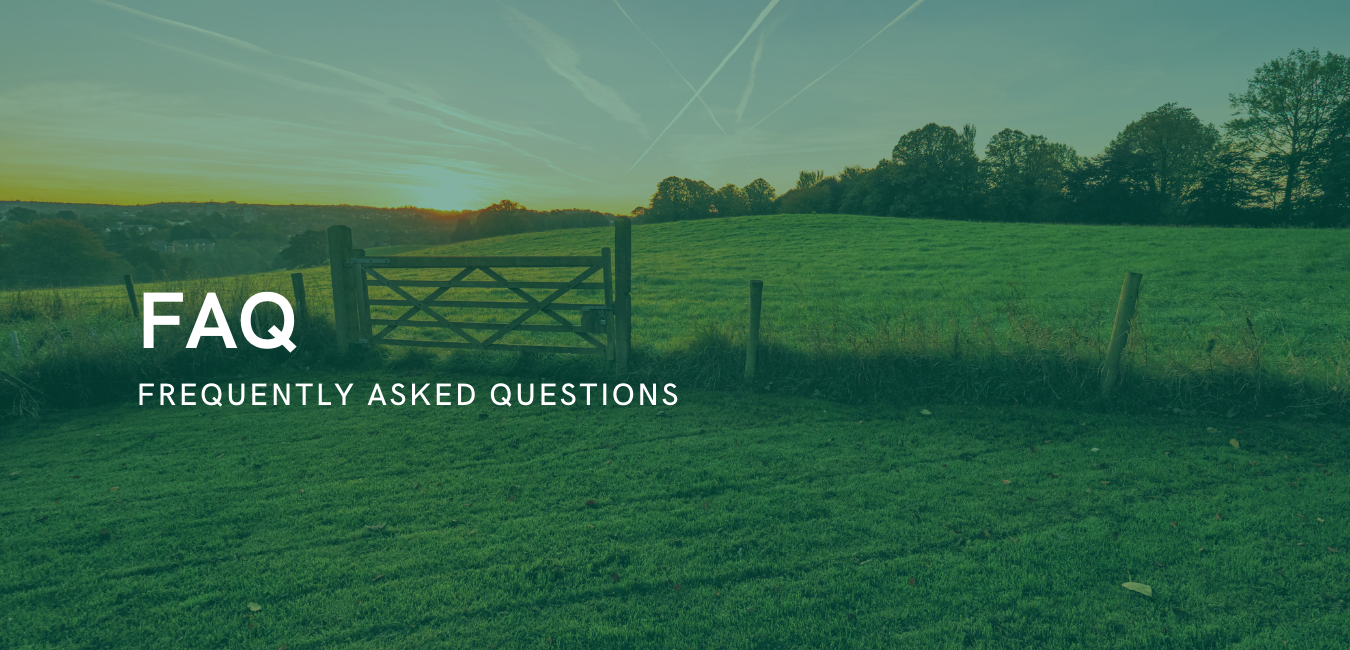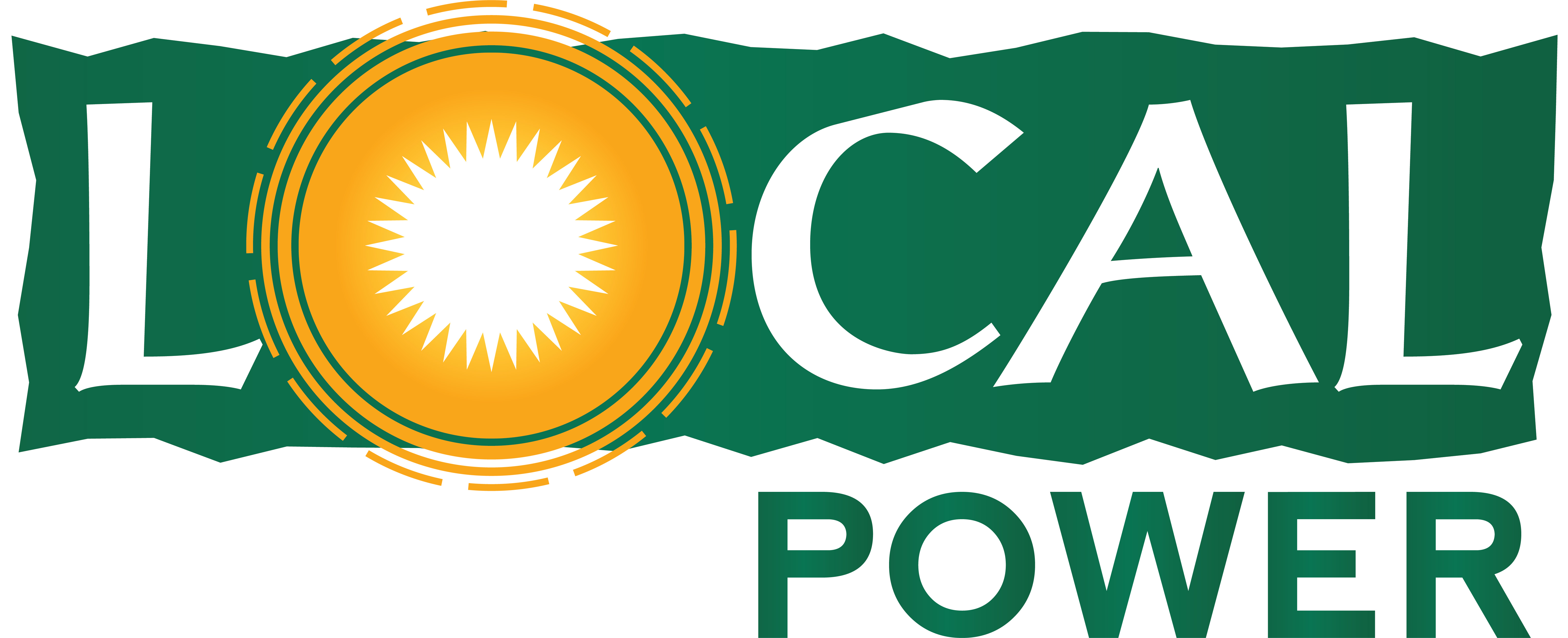
Frequently asked questions
1. How long do solar panels last?
Answer: On average, solar panels have a lifespan of 25-30 years. However, this doesn’t mean they stop producing electricity after this period; it just means their efficiency decreases. Many solar panels continue to produce power at a reduced rate beyond their rated lifespan.
2. Do solar panels work during cloudy days or at night?
Answer: Solar panels are most effective in direct sunlight, but they can still produce electricity on cloudy days, albeit at a reduced rate. At night, however, solar panels do not produce electricity since there’s no sunlight. This is why many solar-powered homes also have battery storage or are connected to the grid for backup power.
3. Are solar panels environmentally friendly?
Answer: Yes, solar panels are considered environmentally friendly. They produce clean, renewable energy, reducing our dependence on fossil fuels and decreasing greenhouse gas emissions. While there is an environmental cost associated with manufacturing and disposing of solar panels, the overall impact is much lower compared to traditional energy sources.
4. How much do solar panels cost?
Answer: The cost of solar panels has been steadily decreasing over the years. However, the exact price can vary based on factors such as your location, the size of the installation, the type of panels, and any incentives or tax breaks available in your area. It’s best to get a quote from Local Power who will provide you with the most accurate pricing.
5. What maintenance do solar panels require?
Answer: Solar panels require minimal maintenance. It’s recommended to periodically check for any dust or debris that might be covering the panels and clean them if necessary, however the Irish weather typically keeps your panels pretty clean all by themselves. However you should, ensuring that there are no shadows from overgrown vegetation can also help maintain optimum performance.
6. Can I install solar panels myself?
Answer: While it’s possible for technically inclined homeowners to install solar panels themselves, it’s generally recommended to hire professionals. Proper installation is critical for the safety and efficiency of the system. Plus, professional installation may be a requirement to qualify for certain warranties or incentives.
7. What are solar panels?
Solar panels, also known as photovoltaic (PV) panels, are devices that convert sunlight into electricity. They are typically made of silicon cells that capture photons from the sun and transform them into electrons, which then produce an electric current.
How do solar panels work?
Solar panels consist of numerous solar cells made of semiconductor materials. When sunlight hits these cells, it releases electrons from their atoms. The flow of these electrons creates an electric current, which can be harvested and used as power.
8. What are the main benefits of using solar panels?
- Reduced electricity bills.
- Environmentally friendly as it reduces carbon emissions.
- Low maintenance.
- Potential to earn tax credits and rebates.
- Increases property value.
9. How much sunlight do I need for solar panels to be effective?
While solar panels perform best in direct sunlight, they can still generate electricity on cloudy or overcast days. However, the efficiency would be lower compared to clear, sunny days.
10. What happens during power outages?
If you have a battery storage system, you can still have power during outages. Without a battery, most grid-tied systems will shut down to prevent back-feeding electricity into the grid, which could be dangerous for utility workers.
Contact us today to learn more.

